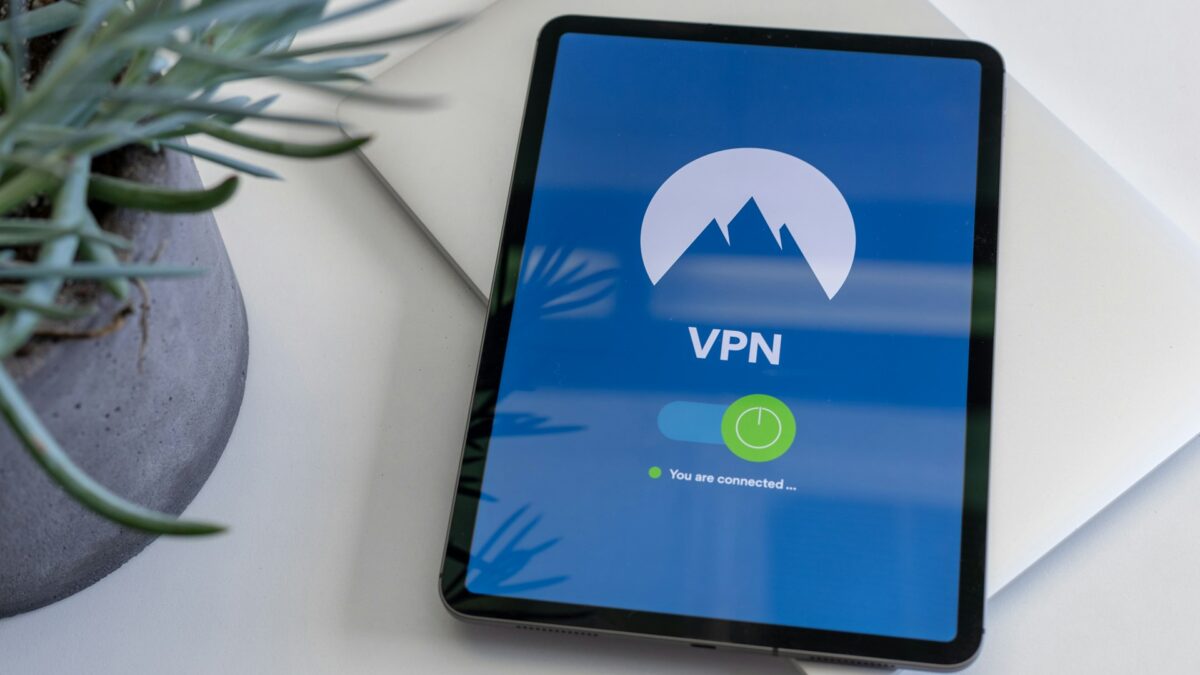
Preparing for The Great Wealth Transfer: A Guide for Every Generation
December 22, 2023
Values-Based Investing: Aligning Your Investment Dollars with Your Core Beliefs
January 25, 2024Preventing Identity Theft and Fraud: How to Protect Your Data Online

In today’s digital age, protecting your data online isn’t just a precaution; it’s a necessity for maintaining financial health and security. With nearly every aspect of our lives having a virtual component, each interaction opens the door to identity theft, fraud, and even financial exploitation.
Indeed, a personal data breach can wreak havoc throughout your financial life, affecting everything from your credit score to your retirement plans. It can also cause significant psychological stress and anxiety, negatively impacting your reputation and mental health.
To minimize these threats, it’s crucial to stay informed of the latest scams, employ robust cybersecurity measures, and use discretion when sharing personal information online. By remaining vigilant and managing key risks, you can confidently navigate the digital world while staying on track toward your financial goals.
Here are six steps you can take to protect your data online:
#1: Use Strong, Unique Passwords & Enable Two-Factor Authentication (2FA)
To protect your data online, the first step is to create strong, unique passwords for each of your online accounts. Each password should include a mix of letters, numbers, and symbols while avoiding easily guessable information like birthdates or common words.
Be sure to update your passwords regularly and consider using a password manager to keep track of your account login details securely. Examples of reputable password managers include Bitwarden, 1Password, and Dashlane.
Where possible, take advantage of two-factor authentication, which adds an extra layer of security beyond just a password. This significantly reduces the risk of unauthorized access to your personal information, even if someone manages to get your password.
#2: Secure Your Home Network & Regularly Update Software and Security Systems
Securing your home network is vital for safeguarding your personal information. Without taking adequate security measures, others nearby may be able to track your online activity and any data you share over your network.
First, change the default username and password on your home router to something more secure, and be sure to use encryption to secure your Wi-Fi network. Encryption enhances your online security by converting any data you send or receive through your router into a scrambled, unreadable format for anyone who does not have the encryption key.
The most common way to encrypt your home network is through your router’s settings. Most modern routers support encryption standards like WPA2 and WPA3.
If your device supports it, WPA3 provides stronger security measures than WPA2. However, if your router isn’t compatible with WPA3, WPA2 remains a viable and secure option.
Beyond securing your home network, keeping your operating system, antivirus software, and other critical software up to date is crucial to protect your data online, as outdated software can leave you open to attacks. Software updates often include patches for security vulnerabilities that have been discovered since the last update.
#3: Be Cautious with Public Wi-Fi to Protect Your Data Online
Public Wi-Fi networks, found in places like cafes, airports, or hotels, are convenient but not always secure. Even networks that require a password can be risky, as the password is often well-known, making it easy for hackers to gain access.
Furthermore, public networks typically lack strong encryption, exposing your online activities to anyone who might be snooping on the network.
To protect your data online, the safest approach is to avoid using public Wi-Fi altogether, especially for sensitive activities like online banking or shopping. Using your mobile device’s data connection is a safer alternative, as cellular networks typically offer more security.
If you must use public Wi-Fi, be cautious about the type of activities you perform and consider using a Virtual Private Network (VPN). A VPN encrypts your internet traffic, making it much harder for anyone else on the network to monitor your activities or steal your information.
#4: Be Aware of the Latest Phishing Scams
Phishing scams are a form of cybercrime where attackers pose as trustworthy entities to deceive individuals into divulging sensitive information. According to a recent Forbes report, more than 500 million phishing attacks were reported in 2022, making this one of the most common types of cybercrimes.
Attackers now use a variety of techniques and channels to carry out phishing attacks, including email, social media, SMS (smishing), and even voice calls (vishing). As these scams grow in prevalence and sophistication, awareness, education, and robust security measures are critical to protect your data online.
A good rule of thumb is to avoid clicking suspicious links online, especially if you don’t know their origin, and never share sensitive data over email. The following steps can also help you avoid phishing attacks:
- Be sure to use spam filters, anti-malware software, and firewalls.
- Implement two-factor authentication (2FA) when available.
- Update your software and run security patches regularly to protect against known vulnerabilities that phishers may exploit.
#5: Limit What You Share on Social Media
Being cautious about the personal information you share online, particularly on social media platforms, is crucial for digital security and privacy. Sharing details like your full name, date of birth, home address, and phone number can put you at risk of identity theft since cybercriminals can use this information to impersonate you or access your financial accounts.
To protect your data online, it’s wise to review and update your privacy settings regularly. For instance, most social media platforms have settings that allow you to control who can see your posts, profile information, and friend lists.
In addition, when using social media, consider the potential risks before sharing personal details. Ask yourself if you’re comfortable with someone you don’t know having access to this information.
While social media platforms offer convenient ways to connect and share with others, they also pose risks if you share your personal information too freely. By being mindful of what you post and routinely securing your accounts, you can protect yourself from cybercriminals and maintain your privacy.
#6: Regularly Monitor Your Credit Report
According to data from IdentityTheft.org, identity theft cases are at an all-time high in the United States with a new victim every 22 seconds. If someone steals your identity, they can damage your credit score, drain your financial resources, or expose you to legal or tax-related complications.
Regularly monitoring your credit score and the details of your credit report can be an effective way to detect such activities early and minimize the potential damage. A sudden drop in your credit score or unfamiliar accounts or inquiries listed on your credit report, for example, can indicate identity theft.
Individuals are entitled to one free credit report annually from each of the three major credit bureaus (Equifax, Experian, and TransUnion), which you can request through AnnualCreditReport.com. In addition, many credit card companies and financial institutions offer free credit monitoring for account holders.
By following these steps, you can significantly reduce your risk of falling victim to cyber threats and protect your personal information online. Remember, staying informed and cautious about online interactions is key to maintaining your digital security.
If you notice unfamiliar activities or accounts on your credit report, take the following steps:
- Report suspicious activities immediately to the relevant financial institution and the credit bureaus.
- File an identity theft report with the Federal Trade Commission (FTC) and obtain a recovery plan.
In some cases, you may also need to file a police report, especially if the theft has led to significant financial loss or other criminal activities. By staying vigilant and responding promptly to potential breaches, you can mitigate the risks associated with identity theft and protect your financial well-being.
Protect Your Data Online and Pave the Way for a Secure Future
Identity theft is far more than a mere inconvenience; it has the potential to cause extensive and long-lasting harm to your mental health, reputation, and financial well-being. By taking steps to proactively protect your data online, you can minimize the risk of fraud, helping to safeguard your financial future.
At SageMint Wealth, we understand the importance of protecting your personal information and avoiding identity theft when it comes to achieving your broader financial goals. For personalized strategies and advice on how to reduce the risk of financial identity theft in an increasingly digital world, we encourage you to contact us.
Related posts
Live Well. Do Good.











